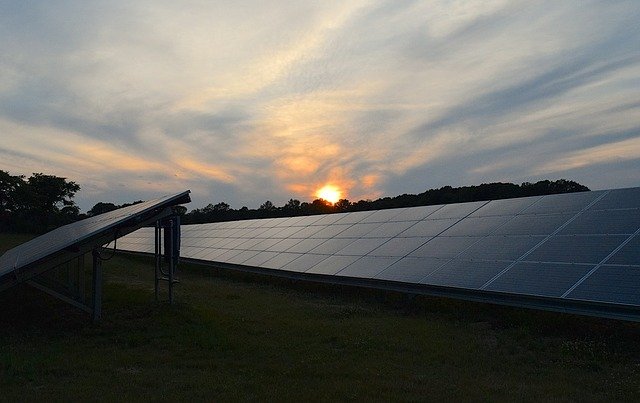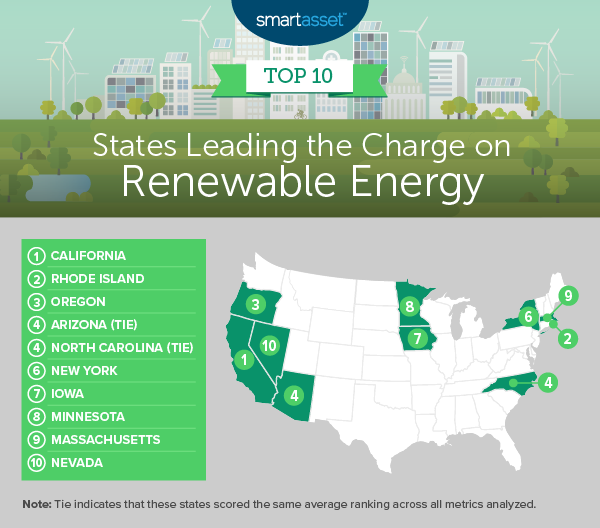
If you are thinking about installing a solar panel for your home, you might be wondering if solar panels produce electricity at night. You may also wonder whether you can use rain to power them. Do they really cost that much if there isn't electricity at night? Continue reading to find out more about solar panel technology and how it works.
Is it possible for solar panels to produce electricity at nights?
In order for solar panels to generate electricity, they must receive sunlight. Photovoltaic cells contain semiconductors. They collect sunlight during daylight and emit electrons that generate electricity. The panels won't produce any electricity if they are exposed at night. However, they can still create electricity during the day if they're located in an area with only partial sun or are far from the nearest power source.
However, unlike traditional power plants, solar panels are not able to produce electricity at night. Jeremy Munday, a professor of computer and electrical engineering at University of California Davis, designed a new kind of solar cell that can generate 50 watts of electricity per square meter in the night. This is roughly a quarter the output of solar cells during the day.

Can they be powered using rain?
This may sound like science-fiction, but scientists have already begun to explore unconventional sources of energy. Rain is one example. Rain falls onto a solar panel and creates electricity. However, it is important to understand the mechanism by which raindrops fall. They must also understand how fast the rain falls. Raindrops can accelerate to create electricity. This is similar to photosynthesis. The light from the sun causes water droplets to be excited, causing them to split into particles. One electron is released.
However, heavy rains and rain can cause solar panels to be damaged. A light mist from the rain can however be very beneficial. It may even serve as an effective barrier. But heavy downpours are much more likely to damage your solar panels.
Are they worth the effort if they don’t work?
If you're thinking about solar panels for your house, the first thing to ask is "Will these work at night?" It's not often the case. Modern solar panels include built-in reflectors which allow them to absorb more sunlight and increase their efficiency. Because of this, solar panels are more efficient in cool weather. Solar panels won't perform as well in hotter weather.
Another thing to consider when deciding whether solar panels are worth the investment is their cost. Solar panels used to have bulky silver frames, but now they are more sleek and modern and can integrate into any roof type. Many models can even replace existing root systems and have different colors to match the aesthetics of your home. Some homeowners can even design their systems to be invisible from the street.

Solar panels that don't turn on at night might not be worth the cost. One example is that a solar panel might not generate enough electricity at night to run your refrigerator. Solar output is also lower during rainy days, and it can't keep pace with your winter use. Additional solar panels might be an option if you're concerned about power outages. But you will need to spend more.